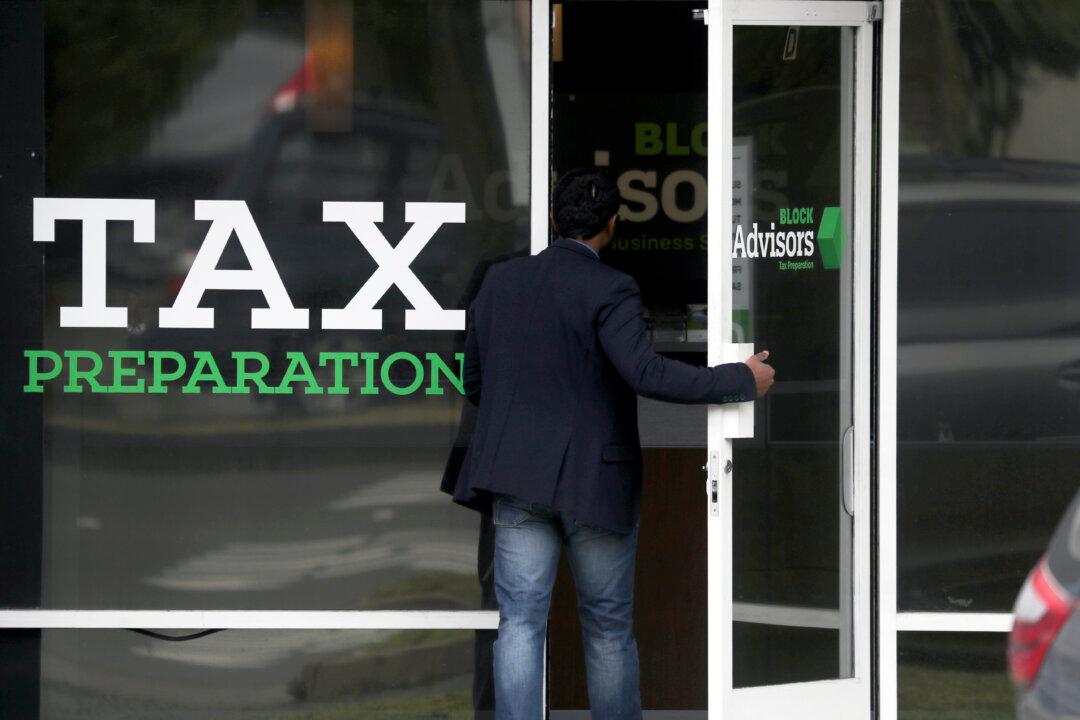SACRAMENTO—California Sen. Jerry Hill recently introduced Senate Bill (SB) 360, which is drawing criticism from some local members of the religious community. The bill will affect all clergy members, including pastors and priests.
According to the bill text, the legislation plans to amend clergy-penitent privileges by mandating clergy members report any suspicions of child abuse or neglect communicated to them by church attendees “during a penitential communication.”





